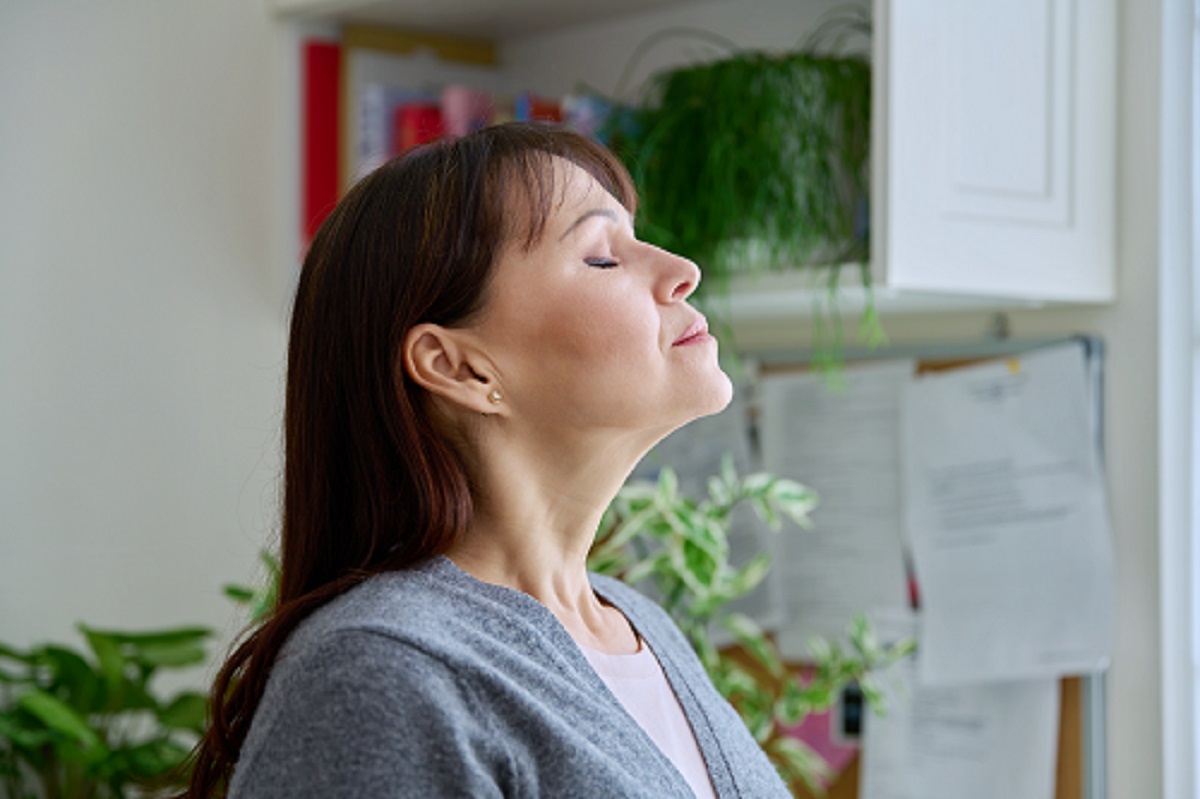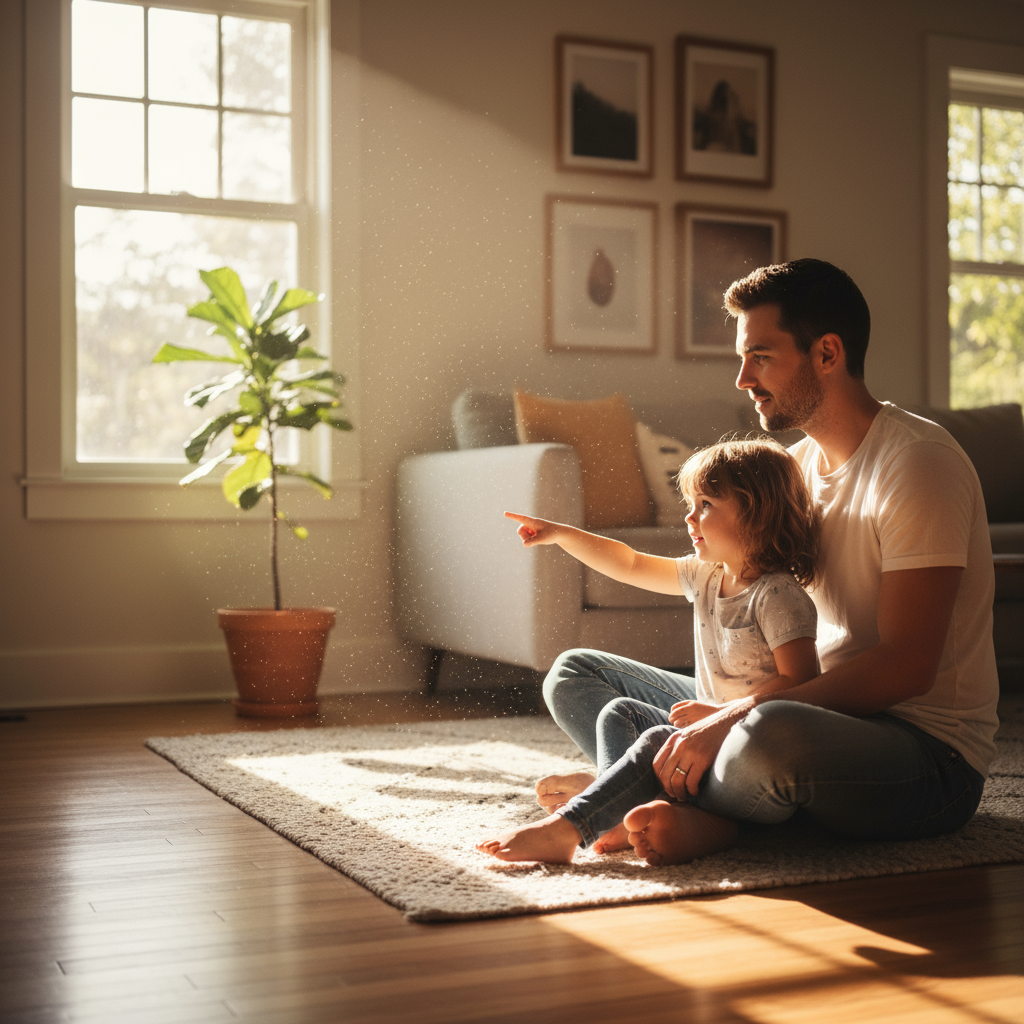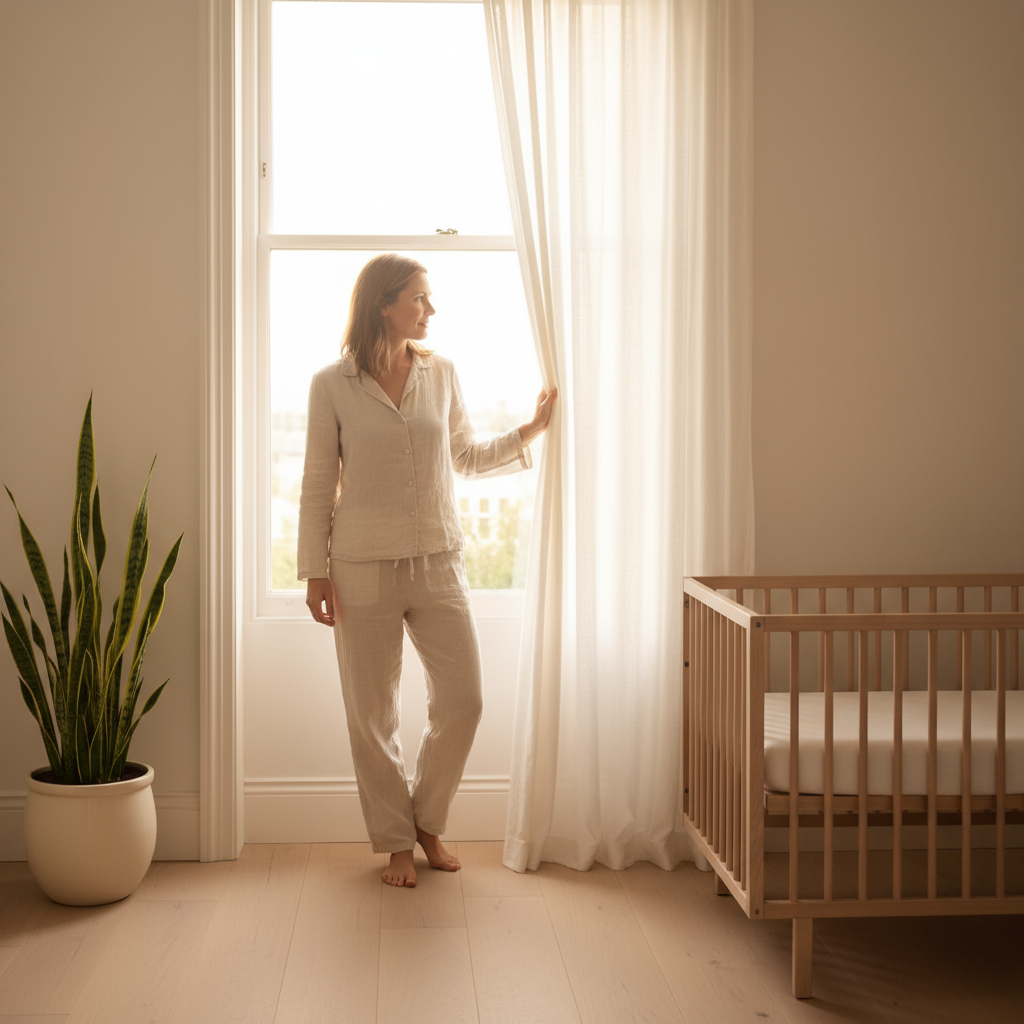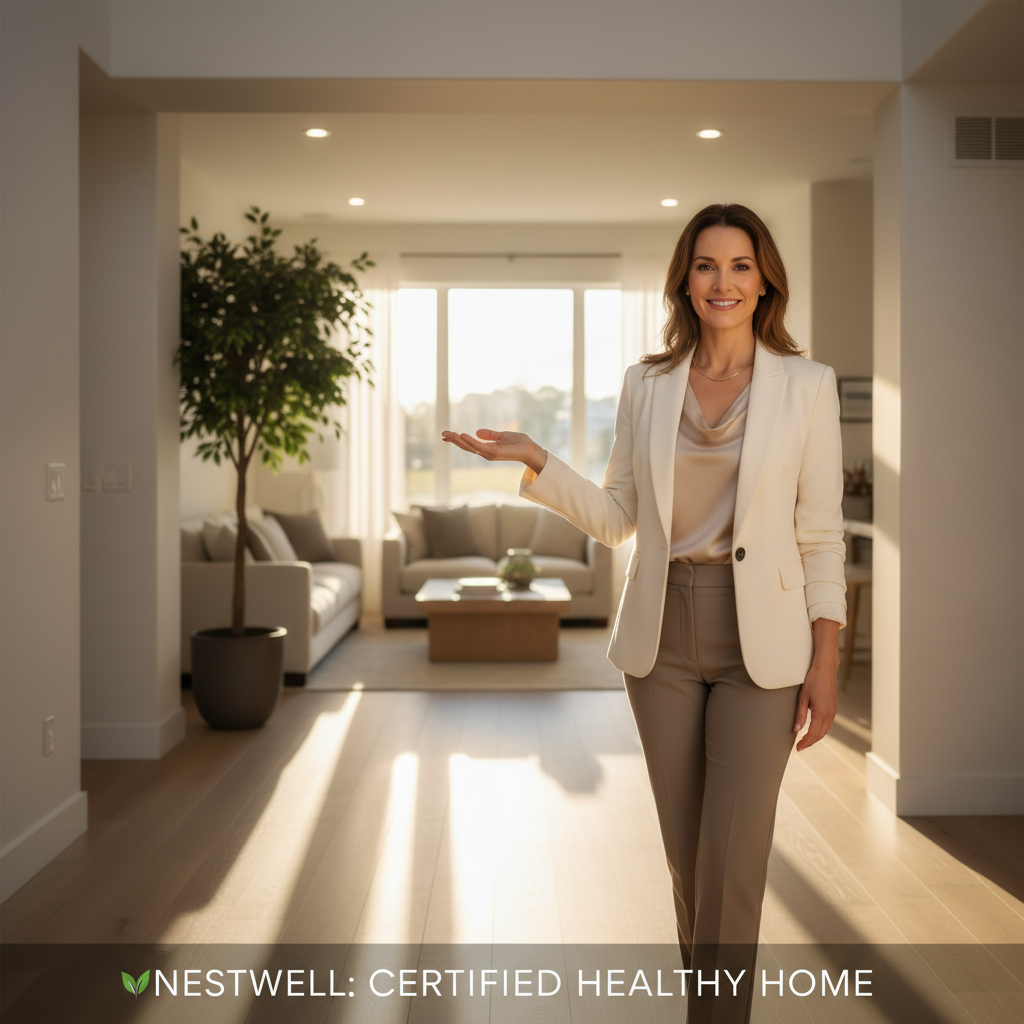How Often to Change Your Home Air Filter? Signs It’s Time for a Replacement
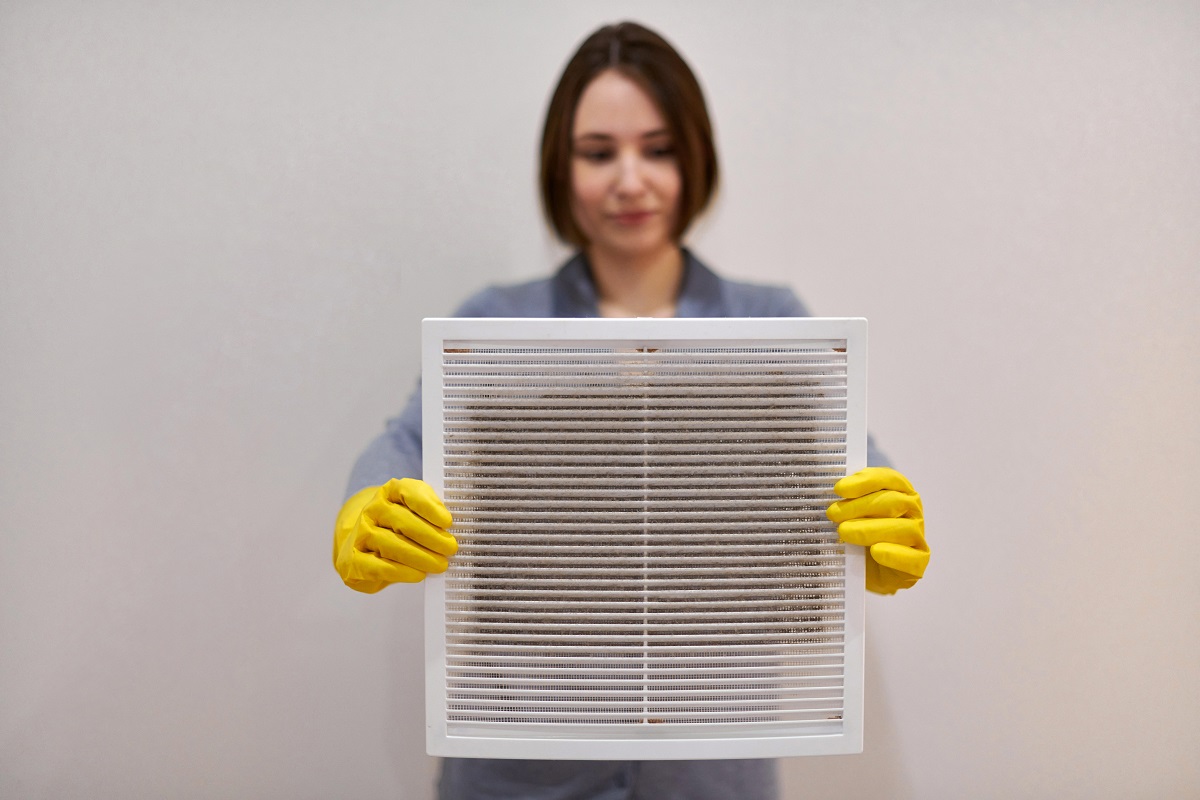
Why Changing Your Home Air Filter Matters
Your air filter is the first line of defense in protecting your home’s air quality. When clean, it traps the dust and particles that attempt to settle in your ducts, vents, and circulate around your home. These can cause you or your family members to have respiratory problems. A neglected air filter could get clogged and restrict airflow. It also forces your AC to work harder, and the strain could cause the compressor or blower motor to malfunction. The increased energy it may use if it's dirty can spike your power bill. Swapping out your air filter on a regular basis gives you peace of mind that your living space is healthier, while also protecting your AC unit and keeping it running smoothly.
How Often to Change Home Air Filter (According to Experts)
Certified HVAC technicians and experts from the U.S. Dept. of Energy recommend checking your home air filter regularly, and changing it every 30 to 90 days to ensure your breathing space is healthy. Clean filters capture pollen, dust, mold spores, and other potentially harmful particles. If some of your family members suffer from asthma or allergies, or you have pets living in your home, experts recommend changing your air filter every 30 to 60 days.
Signs It’s Time to Replace Your Air Filter
If you notice any of these signs, it may be the right time for home air filter replacement, which can have a measurable impact on your home:
- The air in your home feels stuffy.
- Rooms are taking longer to reach the set temperature or are cooling unevenly.
- When your HVAC system runs, you smell a musty, stale odor.
- Dust has been accumulating faster on furniture and surfaces.
- You notice visible condensation on the walls or the ceiling in your home.
- The HVAC system is loud or runs more frequently.
- Allergy symptoms like sneezing, coughing, or itchy eyes are getting worse.
- Family members’ asthma or respiratory issues are flaring up.
- You have a new pet in your household.
- The location where you live is having seasonal pollen spikes.
- The air in your home feels heavy or humid.
- You’re cleaning more often, but still see airborne particles.
- The filter looks gray, dirty, or clogged when you inspect it.
- It’s been 60 to 90 days since you last changed the filter.
- Your utility bills are increasing.
- Your HVAC system is struggling to maintain the proper temperature.
How Dirty Air Filters Affect Your Health
Dirty air filters can quietly affect your health if you don’t schedule replacement on a consistent basis. Anyone with a compromised immune system who is exposed to unfiltered air could get a respiratory infection or a chronic illness. Pet dander, mold spores, and fine dust particles can settle deep into your lungs and trigger persistent health issues. Regular filter changes are a way to protect the most vulnerable members of your household so they don’t get sick.
Types of Home Air Filters and How Long They Last
If you consider your indoor air quality to be a priority, understanding the types of air filters is important. Most people prefer air filters that balance performance, cost, and maintenance. Basic fiberglass air filters are relatively inexpensive but need to be replaced every month, making them effective for short-term use. Pleated filters are usually moderately priced, last between 60 to 90 days, and are better at capturing dust, pollen, and pet dander. Use a HEPA air filter to achieve maximum filtration. These typically last up to 6 months and remove 99.97% of airborne particles. They aren’t compatible with every HVAC system, so check your HVAC system manual to ensure they work with your system. Regardless of the type of air filter your system uses, it should be replaced regularly to maintain clean, breathable air.
Simple Tips to Extend the Life of Your Air Filter
If you want to extend the life of your air filter, try these effective tips to keep it working at its best:
- Check your filter monthly to catch dirt and debris so they don’t damage your HVAC system.
- Vacuum and dust your home regularly to reduce dust and airborne particles that clog filters.
- Keep your windows and doors closed during high pollen or dust seasons.
- Bathe and brush your pets frequently to minimize shedding and dander from spreading in the air.
- Use a HEPA vacuum to trap fine particles before they can reach your HVAC system.
- Upgrade to a higher-quality filter if you have pets, allergies, or use your HVAC unit frequently.
- Keep furniture, rugs, and clutter away from vents and air returns.
- Seal any air leaks around your home’s windows and doors.
- Use an air purifier in high-traffic or dusty areas to reduce the load on your main system.
- Avoid running the fan constantly to reduce filter strain.
What’s A Healthy Home Score and How Do I Get Mine?
A Healthy Home Score is a personalized assessment that measures how effectively your home promotes wellness, air quality, and environmental safety. Our Nestwell professionals use a test to evaluate the air quality in your home, along with moisture levels, ventilation, and maintenance habits. The resulting snapshot reveals your home’s vulnerabilities, including areas that can be improved to create a healthier home environment. Then we share your Healthy Home Score with you, along with recommendations for trusted brands and tools that will make your home and air quality better. Knowing your score is a fast, free, and proactive way to make changes and protect your family.
How Changing Your Air Filter Improves Your Healthy Home Score
If you want to know if your air filter is functioning properly and removing particles from the air in your home that could be harmful to you and your family’s health, two smart steps are to ensure you change your air filter regularly and to test your air quality with Nestwell. You’ll learn your Healthy Home Score which will reveal if particles are circulating in your home. You’ll breathe easier when you have access to this valuable information about your home’s airflow, ventilation, and any presence of mold. Then you can improve your Healthy Home Score by making improvements to ensure your family’s health.

